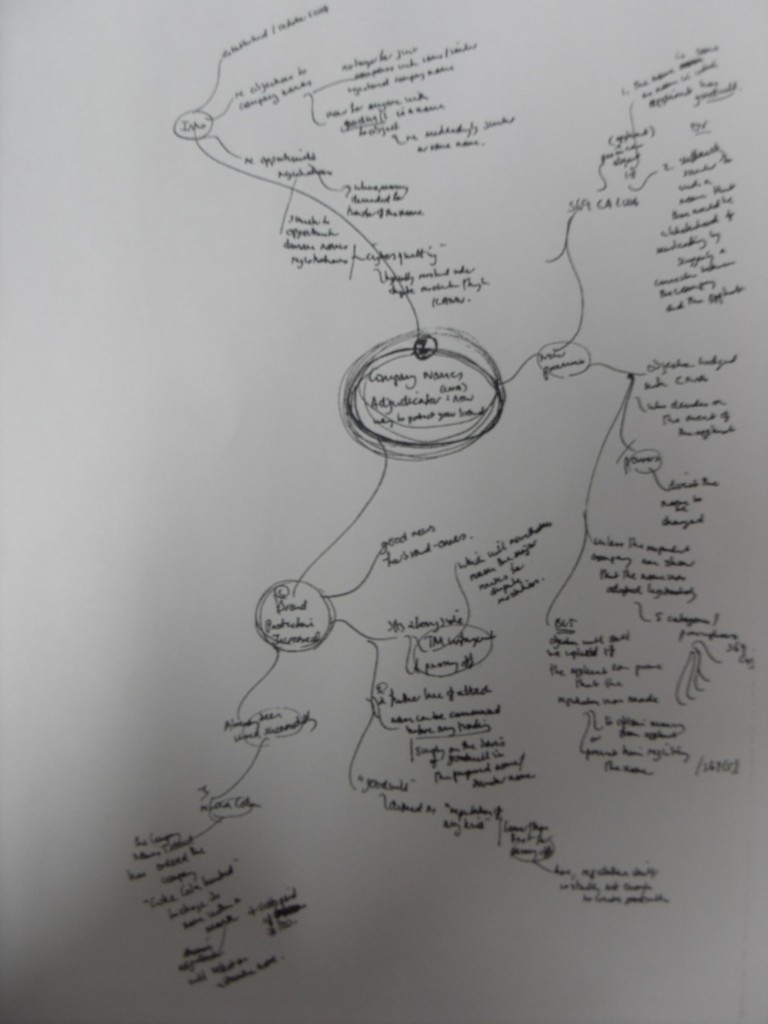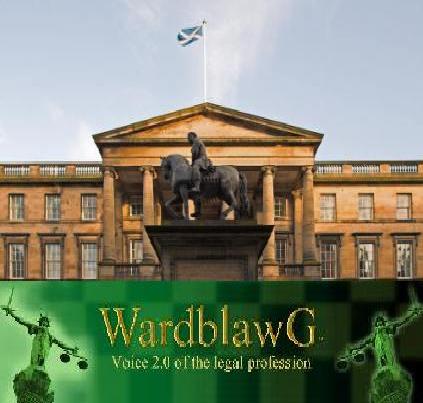The second step I would suggest is creating at least one domain name, ideally a .com registration reflecting verbatim your brand name or a keyword-rich domain name. Do this through a reputable host of which there are many. Dreamhost and, within that, WordPress offer and operate a very simple but effective domain name registration and domain name management process. I have used this process a lot in the past. WardblawG started out with WordPress.com then migrated to WordPress.org for greater functionality. The dot org is to be preferred because of its much wider array of plugins.
Registering a .co.uk: Nominet and Third Parties
If your business trades in the UK, consider registering a .co.uk domain with Nominet. Surprisingly, I have found the Nominet procedure to be less user-friendly and more expensive than the indirect methods used under other sites, although it is the official registrar of .co.uk domains.
Registering a .co: cybersquatting
Another potential consideration, the .co domain, formerly exclusive to Colombia, was opened up not too long ago. It appears to me to be rather a waste of money to register with .co and it is unfortunate that so many businesses have, effectively, been coerced into doing so in case cybersquatters manage to steal their .co domain.
But even outwith .colombia, you should still beware of cybersquatters who stalk every corner of the web. Consider the financial crisis last year: when an HBOS and Lloyds merger seemed imminent, cybersquatters pounced onto their keyboards to register domains such as LloydsHBOS.com here, which currently exists as what is called a “parked” domain where a host advertises on the site for click revenue. When Merrill Lynch was in trouble, guess what was registered?: bankofamericamerrilllynch.com here. How inventive. Interestingly, that name is now owned by Bank of America. It is wondered if BoA paid through the nose for it.
Further obiter, any brand or domain beginning with the letter “i” costs fortune. It has to be wondered what KFC was doing trade marking “iTwist” other than to sell it back to Apple at a later point. And sticking a commercial advert on TV advertising its iTwist processed food with a person dancing about with headphones on further illustrates why the food should not have “i” or “information” anywhere in its title. Food that gives your brain information? Or processed food that will chop your life-span in half? Who knows.
PPS obiter, and this is perhaps the biggest but most useful tangent this evening: music has been known to improve your memory. Most of this theory came from people who listened to Mozart and thought they were smarter because of it. Apparently, it’s either because they were smart in the first place and had hypochondria, or, because listening to any type of music is beneficial. That’s for you to decide. Regardless, creativity plus logic synergise to produce genius.
Cybersquatter Disputes
So, a cybersquatter has, in its IP-troll role, hindered your business plans slightly or, perhaps, enormously. There are nevertheless at least three legal steps that can be taken to resolve the dispute with them:
First, you can take them to ICANN’s Uniform Dispute Resolution Procedure or “UDRP” as explained here;
Second, you can take them to court; or
Third, you could try to resolve your dispute extrajudicially to regain control of the domain name you deserve.
But all three of these methods will cost you, either in legal fees or in ransom money which the cybersquatter almost certainly will demand from you, if not refuse to communicate entirely. See the Bank of America Merrill Lynch domain name sale on ebay.
Cybersquatting on Twitter
Cybersquatting has now spread to Twitter. When you realise how Twitter urls work, it becomes a no-brainer why this has happened and indeed still is happening. Twitter operates its urls by http://twitter.com/[insert brand name here]. So, for instance, WardblawG is at http://twitter.com/WardblawG. Things start to go wrong when a user registers someone else’s name or brand name as their twitter username and, thus, as their Twitter Url. This has been covered in The Twitter Rules for which further reference should be made.
For further reading on the legal issues surrounding Twitter cybersquatting and indeed trade mark infringement with other social media sites, see tcattorney’s blog post at
http://tcattorney.typepad.com/domainnamedispute/2009/09/trademark-misuse-in-facebook-twitter-and-other-social-media-names.html
Company Names Adjudicator under the Companies Act 2006
The Company Names Adjudicator was established on 1 October 2008. That piece of information is in tiny writing at the top left of the mind map below. Follow the mindmap round for further information…

Domain Names and Trade Marks
If anything, it is much cheaper to register a domain than to register a trade mark, which is why the third step, that of trade marking your brand, should follow immediately after domain name registration, if not simultaneously. Which leads to Chapter 3…



